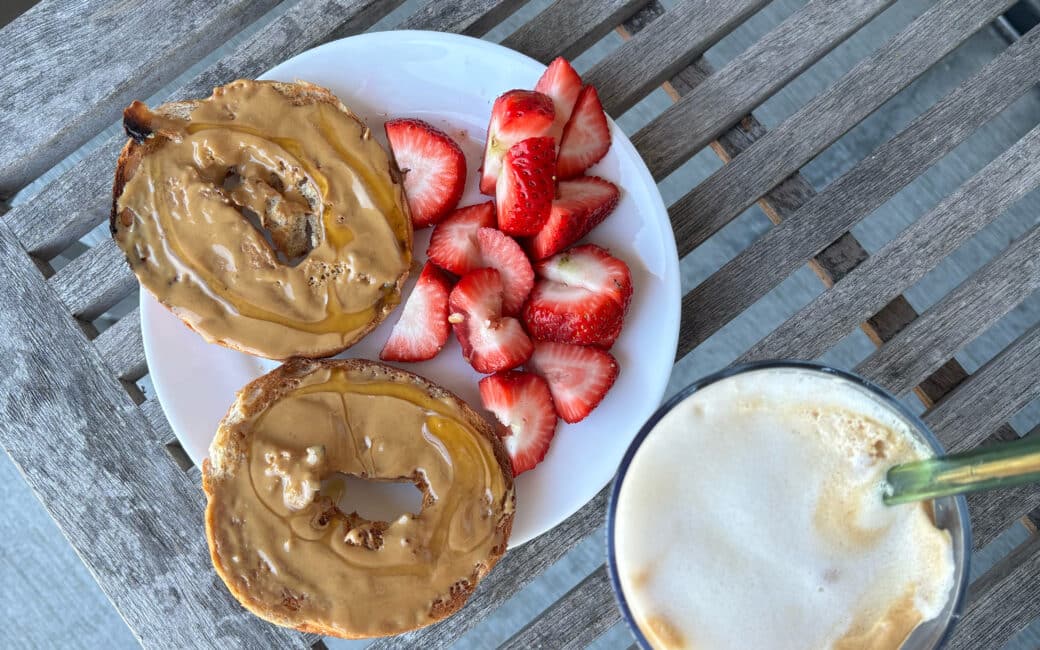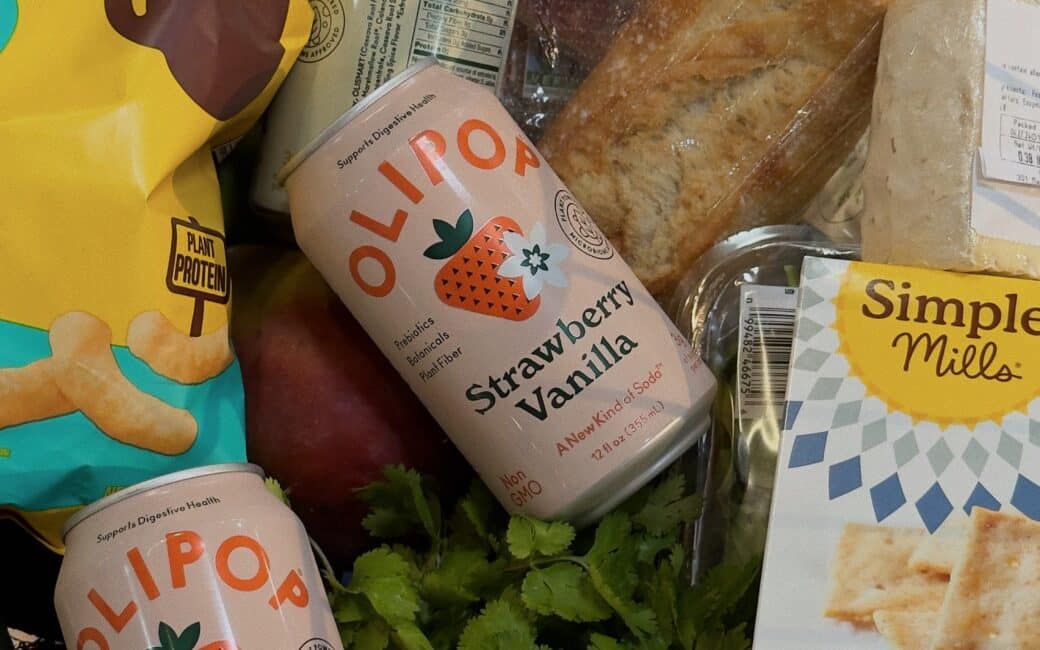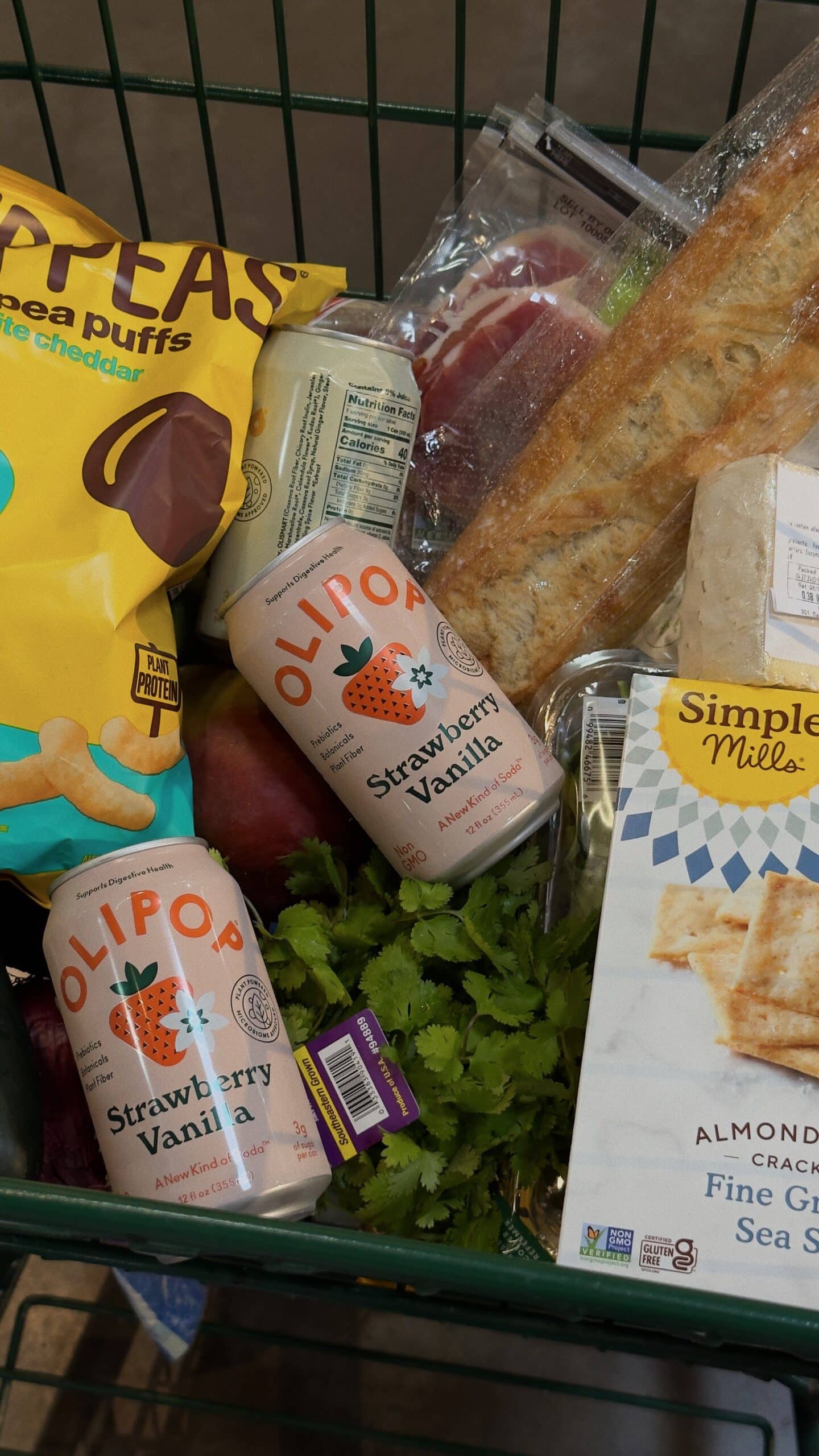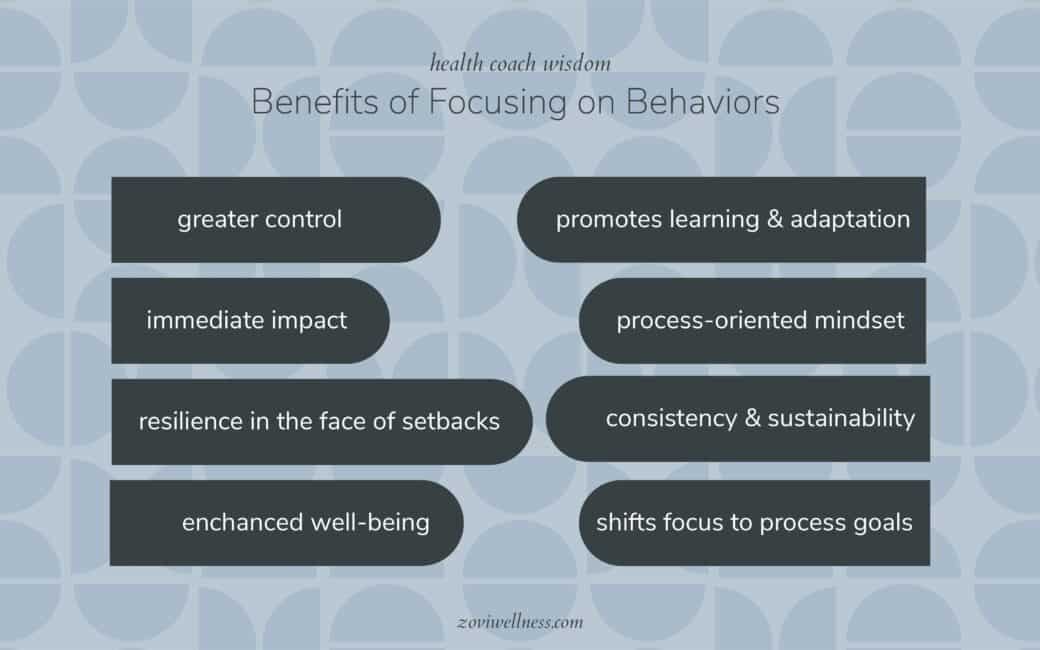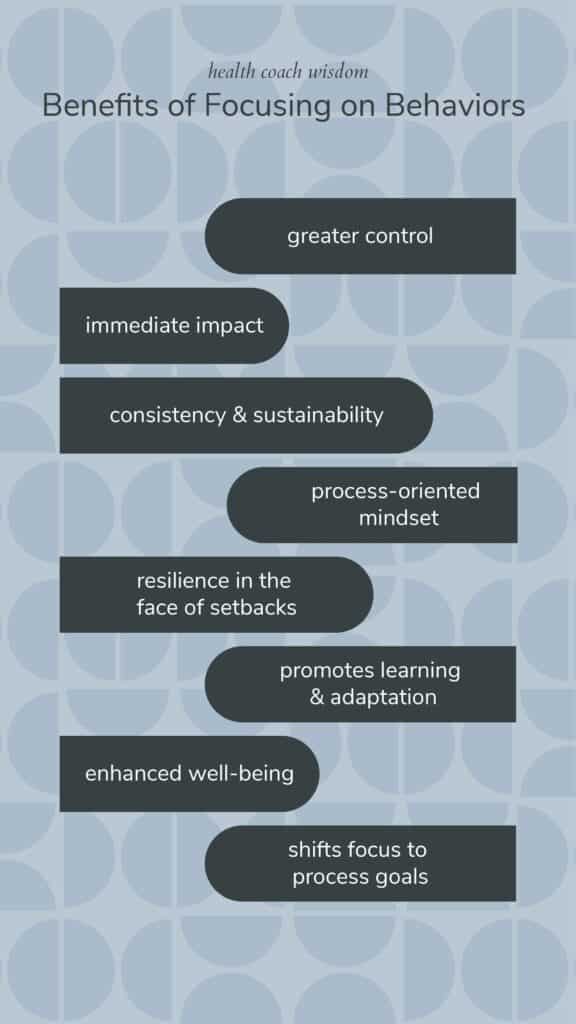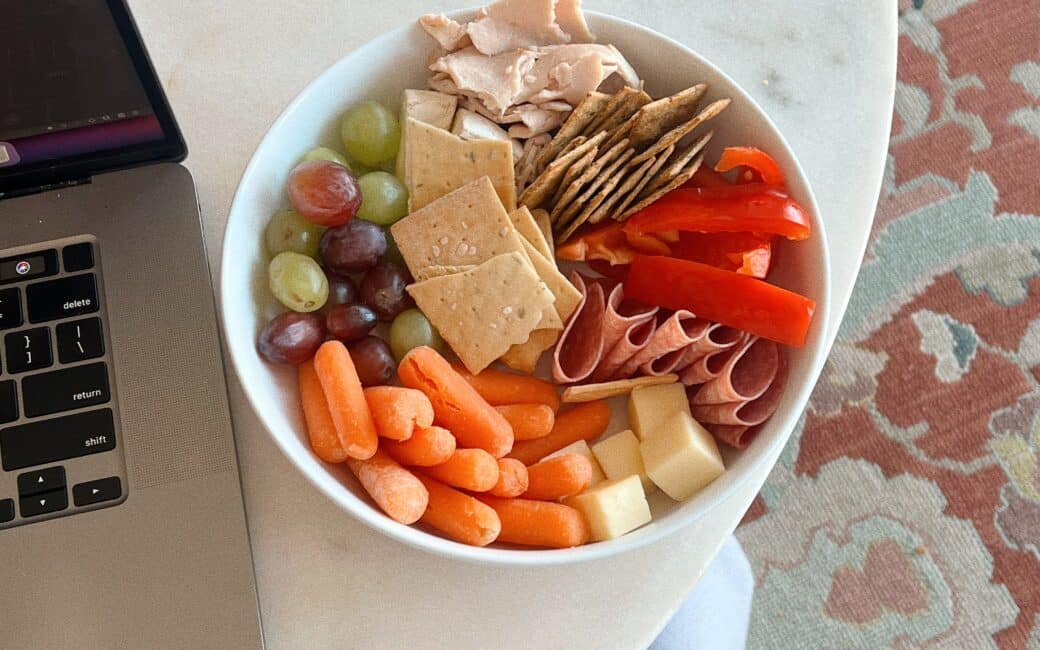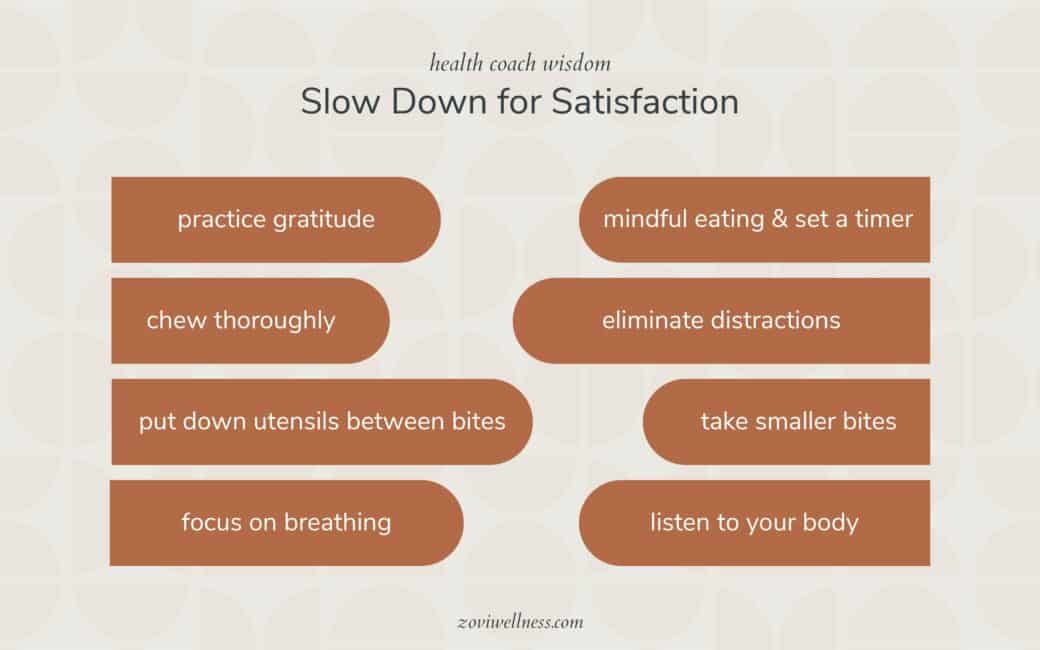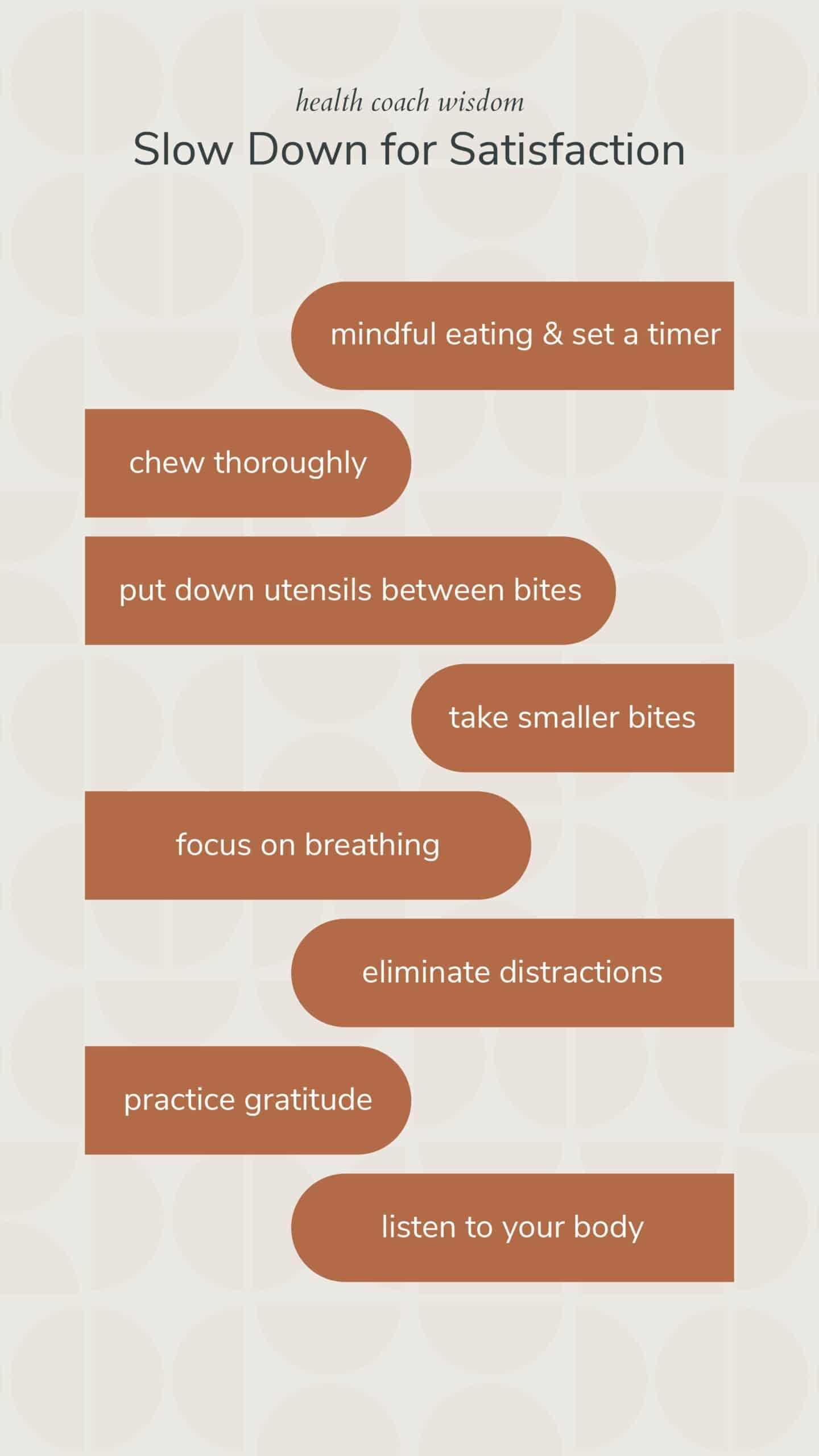Week 12
Hunger is Not an Emergency
We live in a world where convenience and instant gratification reign supreme. Fast food chains, vending machines, and food delivery services cater to our desire for immediate satiation, offering quick fixes to appease hunger pangs at a moment’s notice. However, this culture of instant accessibility to food has led many of us to develop a fear of hunger, viewing it as a distressing state to be avoided at all costs. Changing a few thoughts around hunger can profoundly shift our relationship with food, promote mindful eating habits, and foster a deeper understanding of our body’s signals.
Rethinking Hunger as a Signal
Hunger, fundamentally, is a natural physiological response indicating the body’s need for nourishment and sustenance. It is a primal instinct deeply ingrained within our biological makeup, ensuring our survival. Yet, in our modern society characterized by abundant food options and pervasive food marketing, the perception of hunger has become distorted, often associated with a sense of urgency and anxiety.
The Power of Sitting with Hunger
Learning to sit with hunger involves embracing discomfort and recognizing it as a transient sensation. By allowing ourselves to experience hunger without immediately seeking to alleviate it, we develop resilience and strengthen our ability to tolerate discomfort—an invaluable skill that extends beyond our relationship with food.
Cultivating a Healthy Relationship with Hunger
Shifting our perspective on hunger requires a paradigm shift—one that involves reframing our mindset and challenging societal norms that equate hunger with deprivation. Rather than viewing hunger as an adversary to be feared, we can embrace it as a natural and necessary aspect of our human experience.
What To Do Today:
**Practice Mindful Awareness:**
Tune into your body's hunger signals without judgment or impulsivity. Notice the sensations of hunger as they arise, allowing yourself to observe them with curiosity and openness.
**Stay Hydrated:**
Sometimes, thirst can masquerade as hunger. Stay hydrated throughout the day by drinking water or herbal teas, which can help stave off feelings of hunger between meals.
**Practice Mindful Eating:**
When you feel hungry, pause and assess your level of hunger on a scale from 1 to 10. Mindfully acknowledge the sensation without judgment or urgency. Take slow, deliberate bites when you do eat, savoring each mouthful and paying attention to the flavors, textures, and sensations of the food.
**Practice Deep Breathing:**
Engage in deep breathing exercises to help calm your mind and body when experiencing hunger pangs. Take slow, deep breaths, focusing on the rise and fall of your chest or the sensation of air entering and leaving your nostrils.
**Explore the Root Cause:**
Sometimes, feelings of hunger may be triggered by emotional or psychological factors rather than physical need. Take a moment to reflect on your emotional state and explore any underlying emotions or stressors that may be contributing to your hunger cues.
**Focus on Nutrient-Dense Foods:**
When you do eat, prioritize nutrient-dense foods that provide sustained energy and promote feelings of satiety. Incorporate lean proteins, healthy fats, fiber-rich fruits and vegetables, and whole grains into your meals to help keep hunger at bay between meals.

